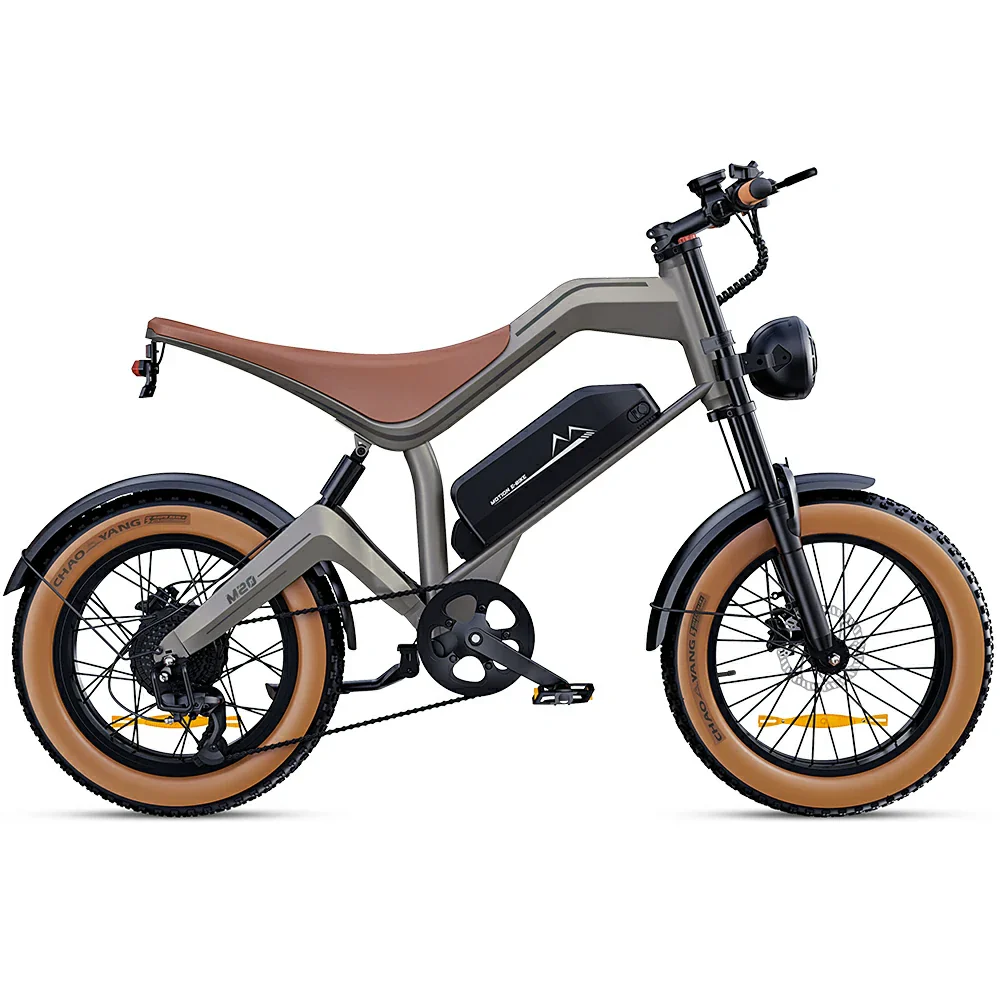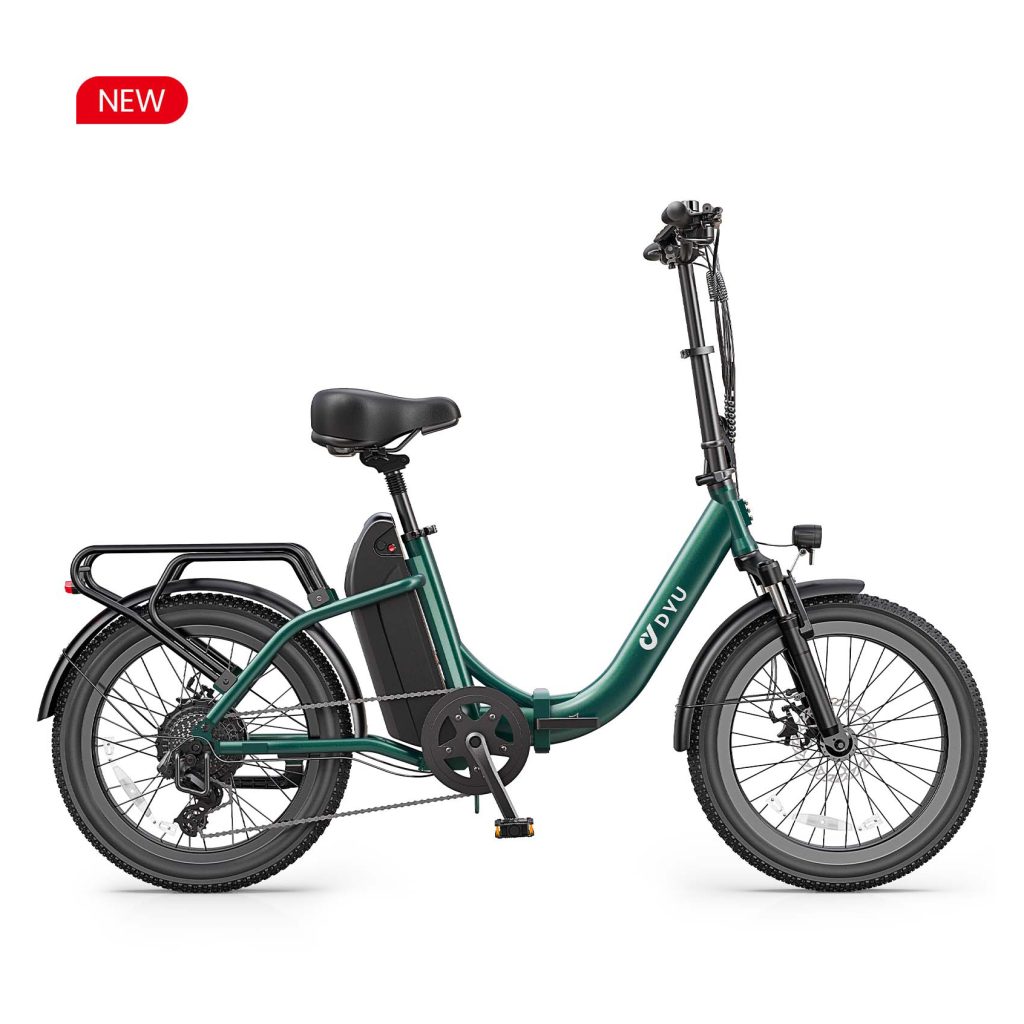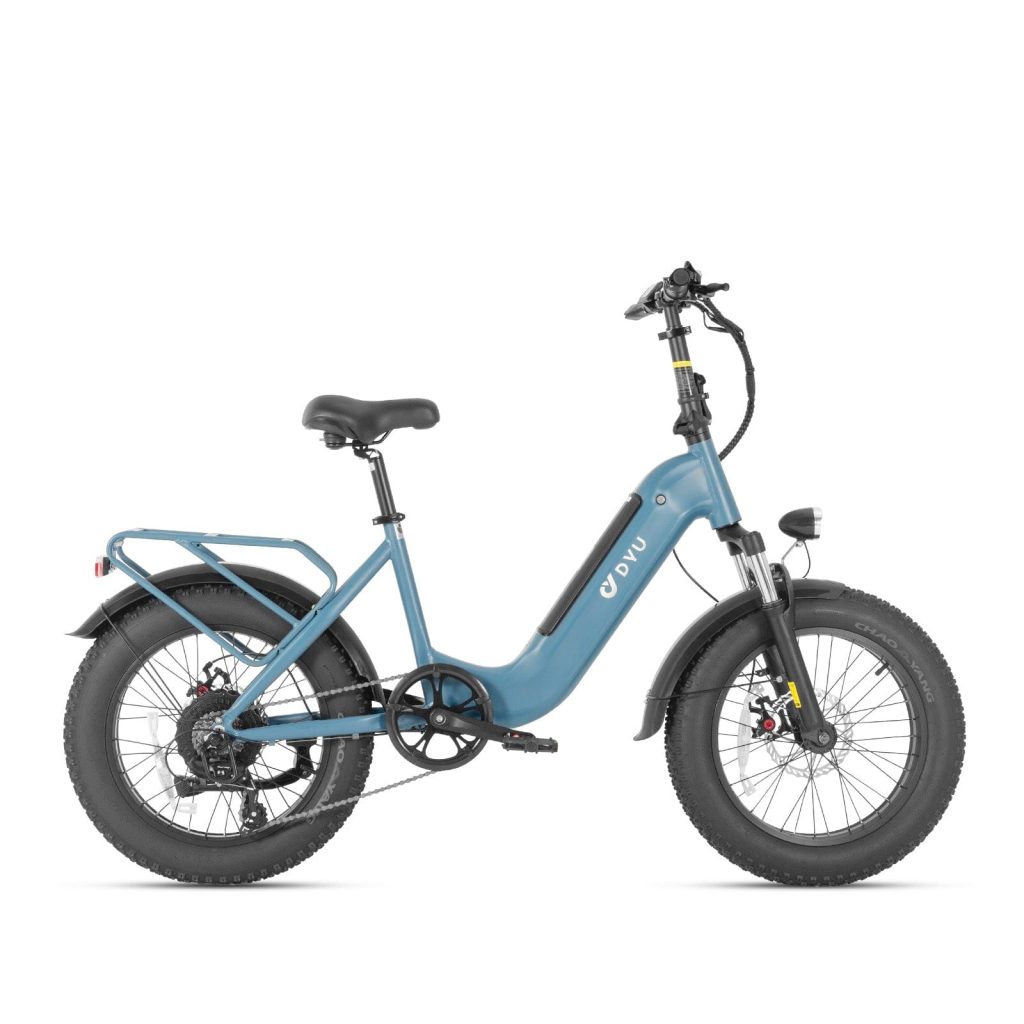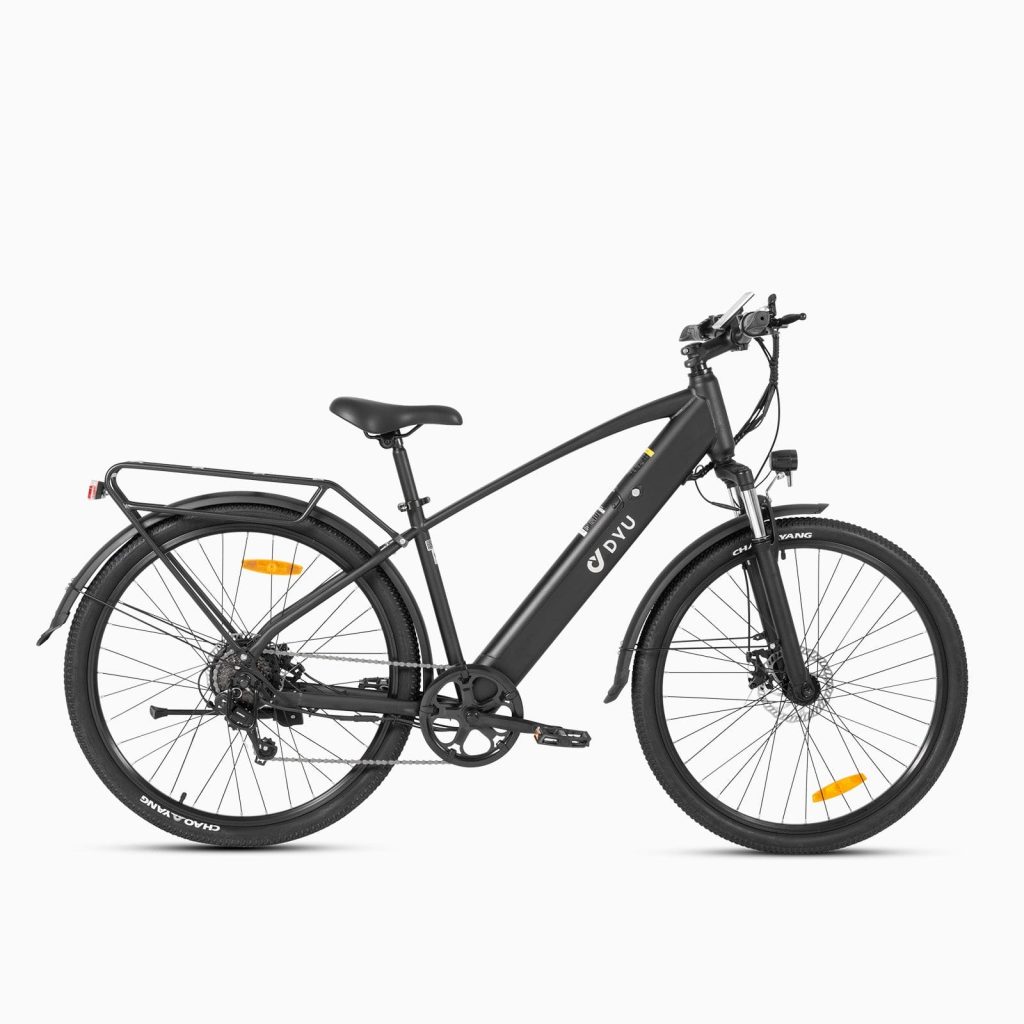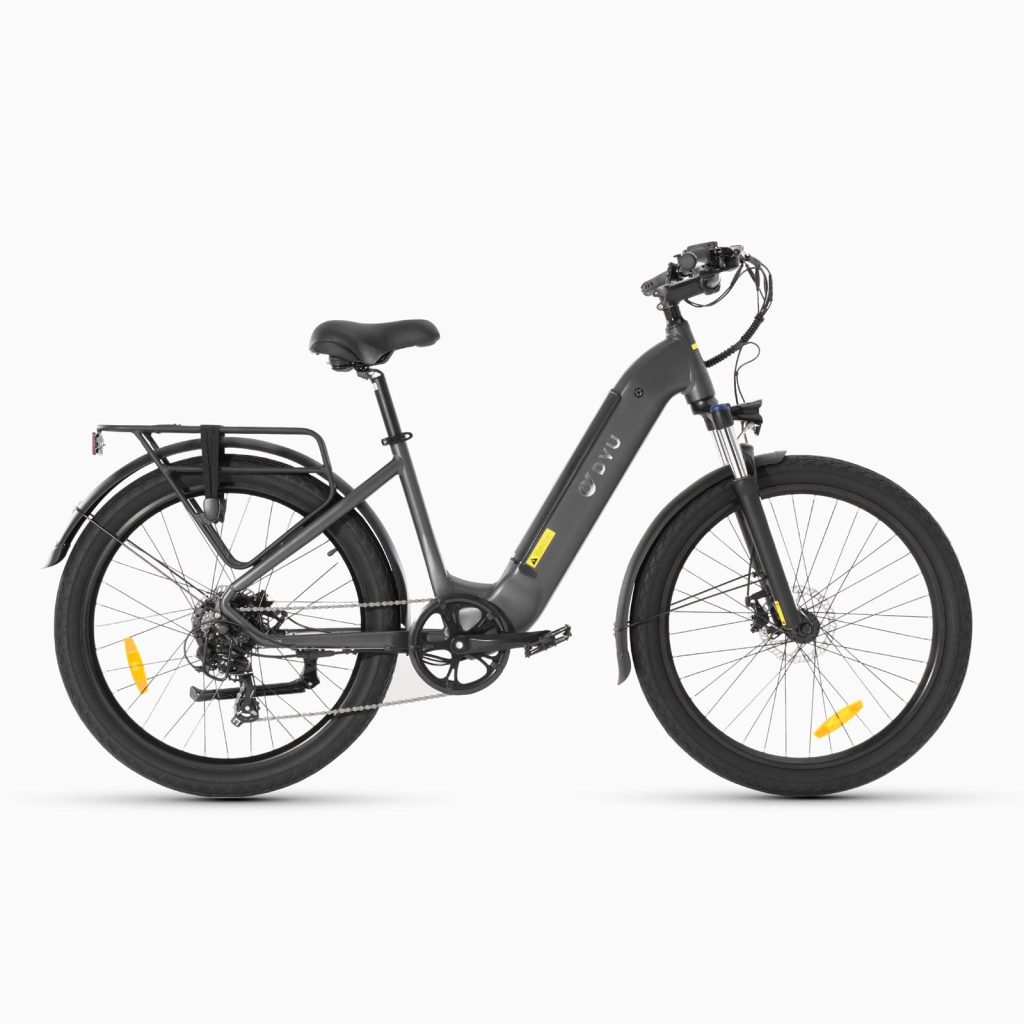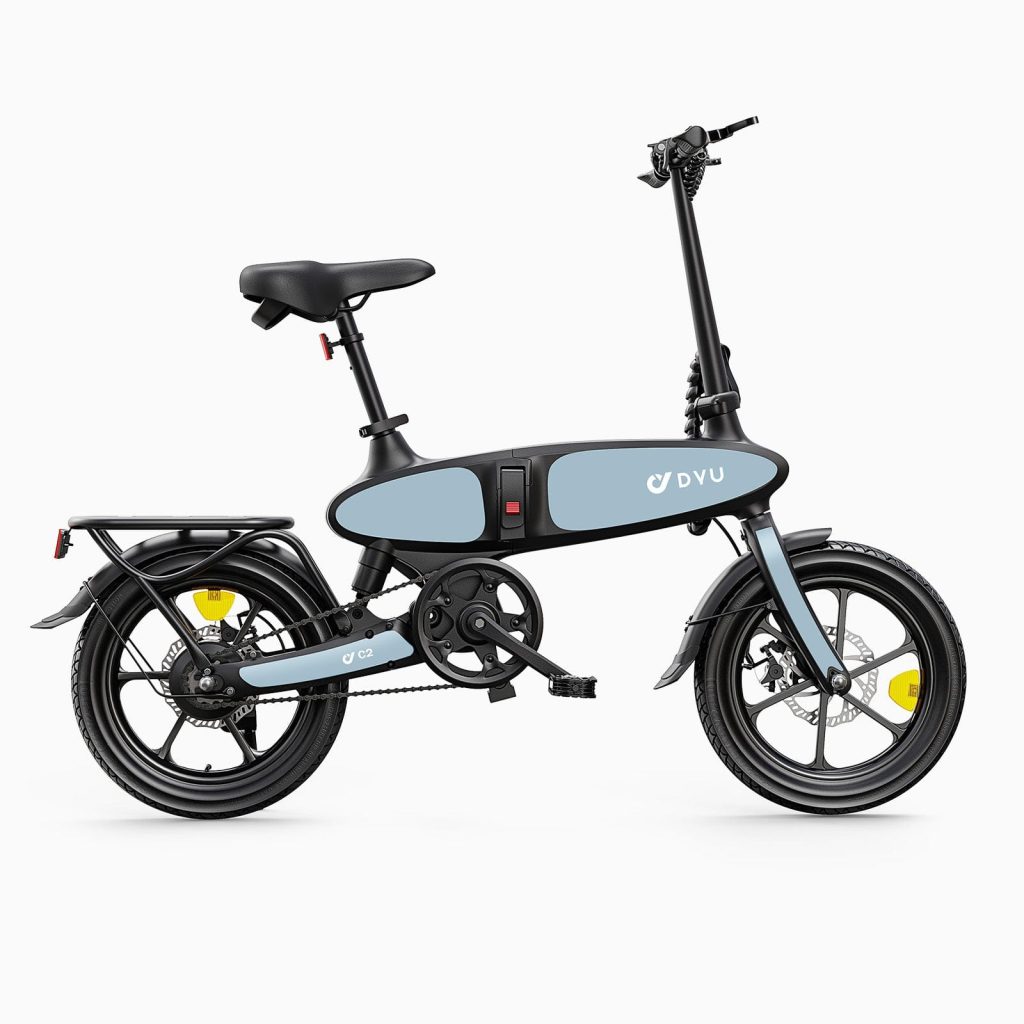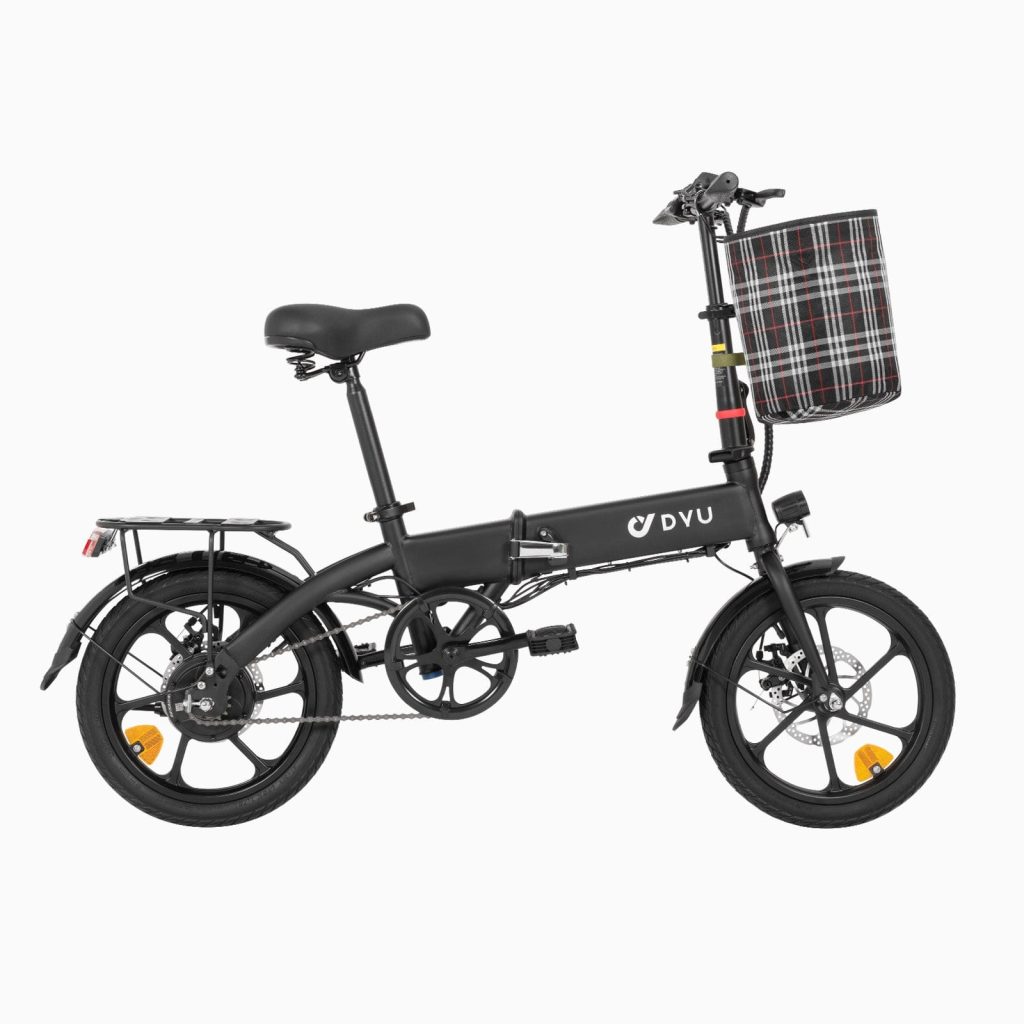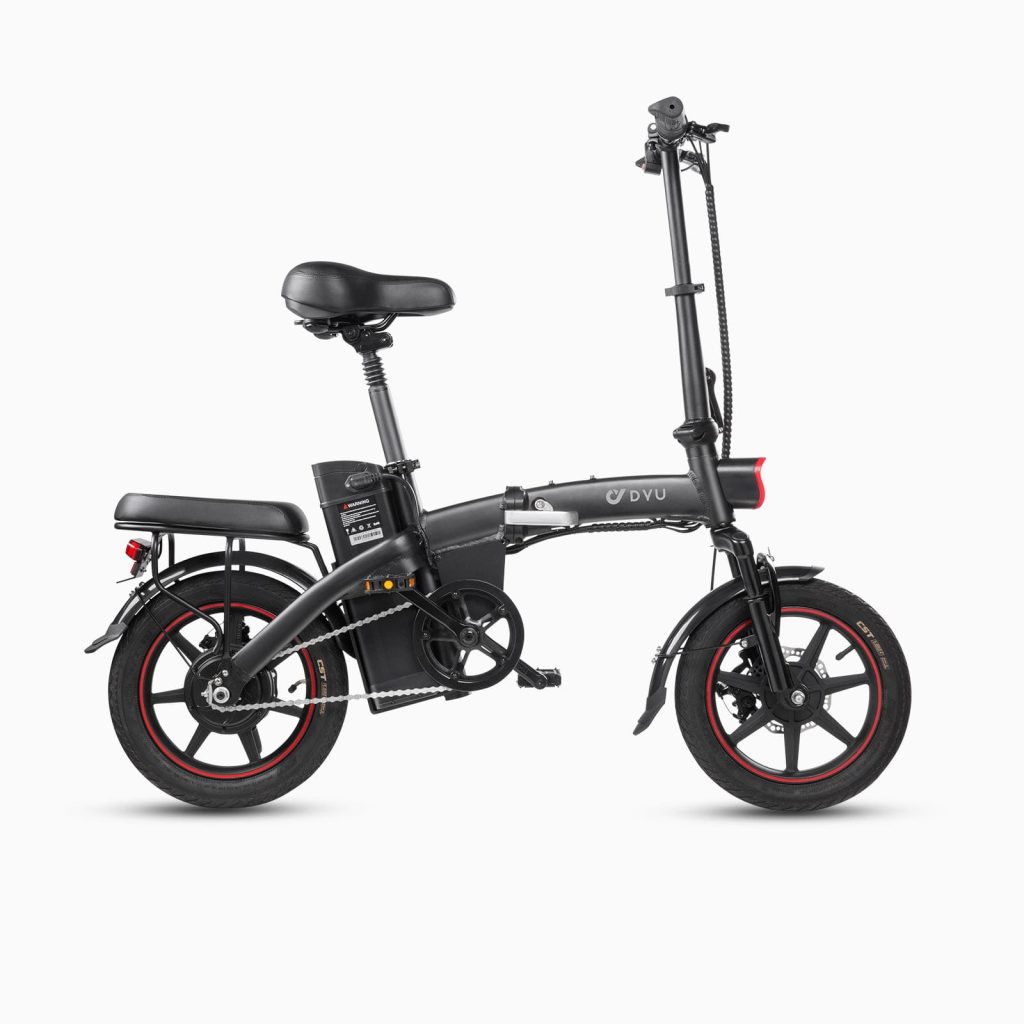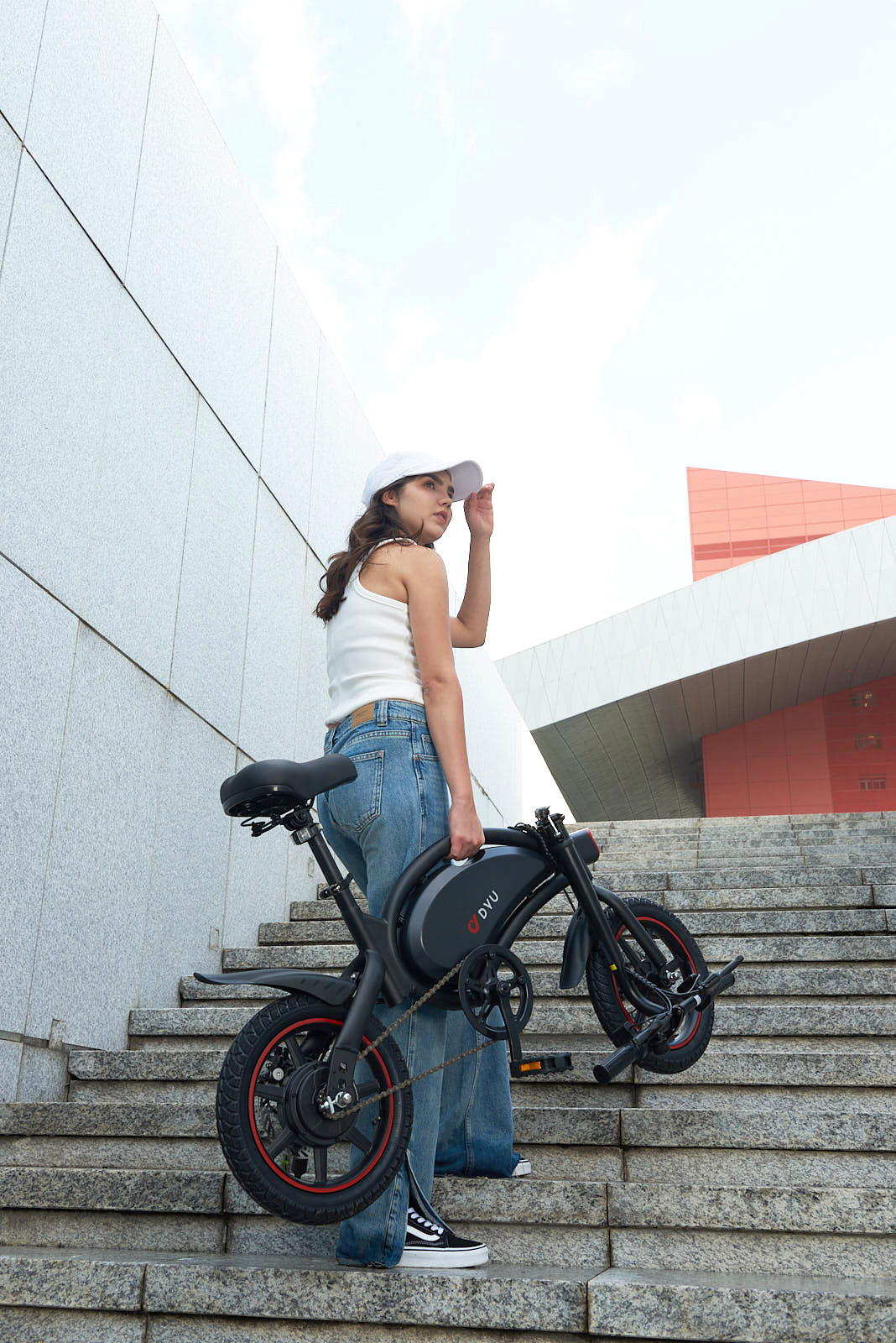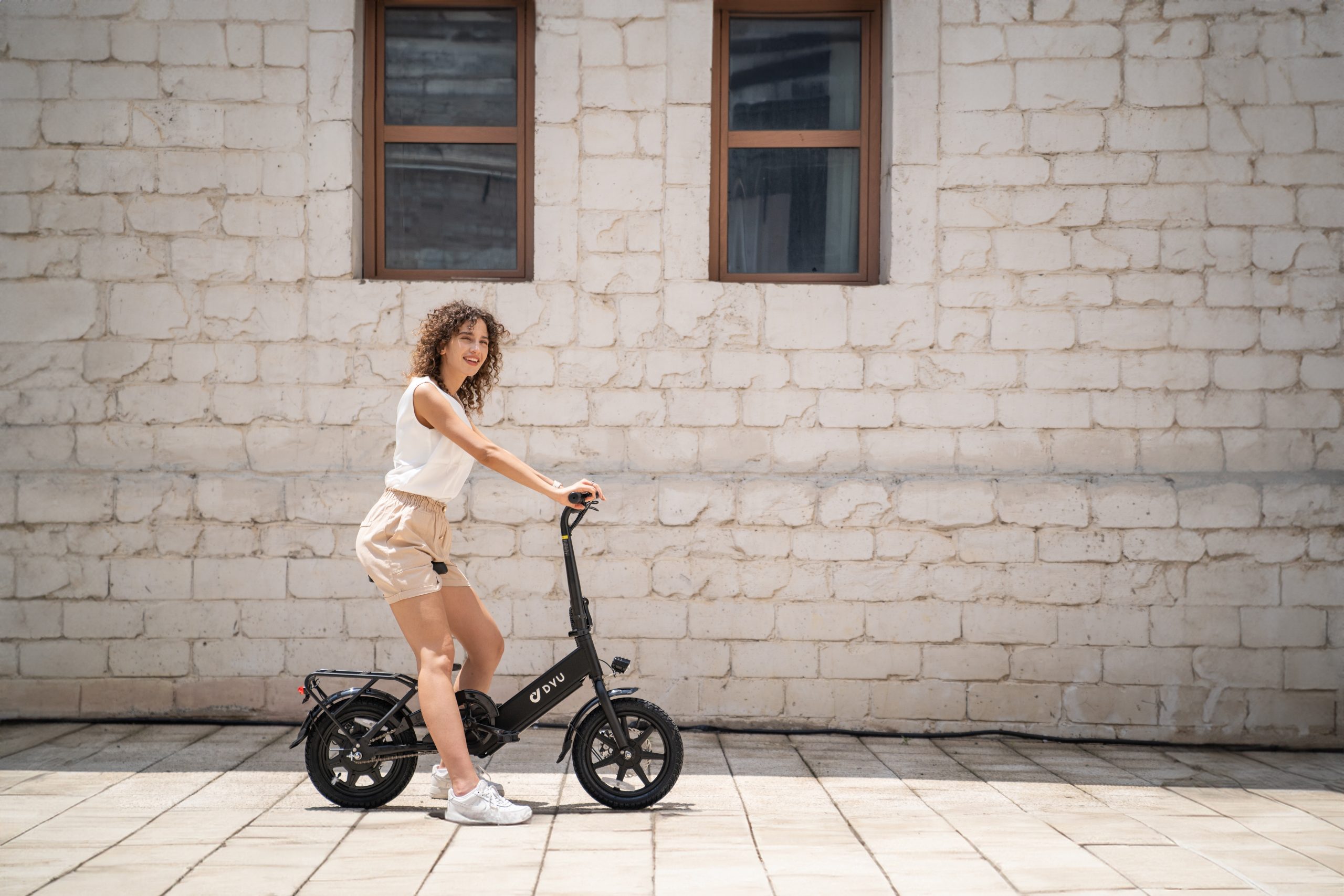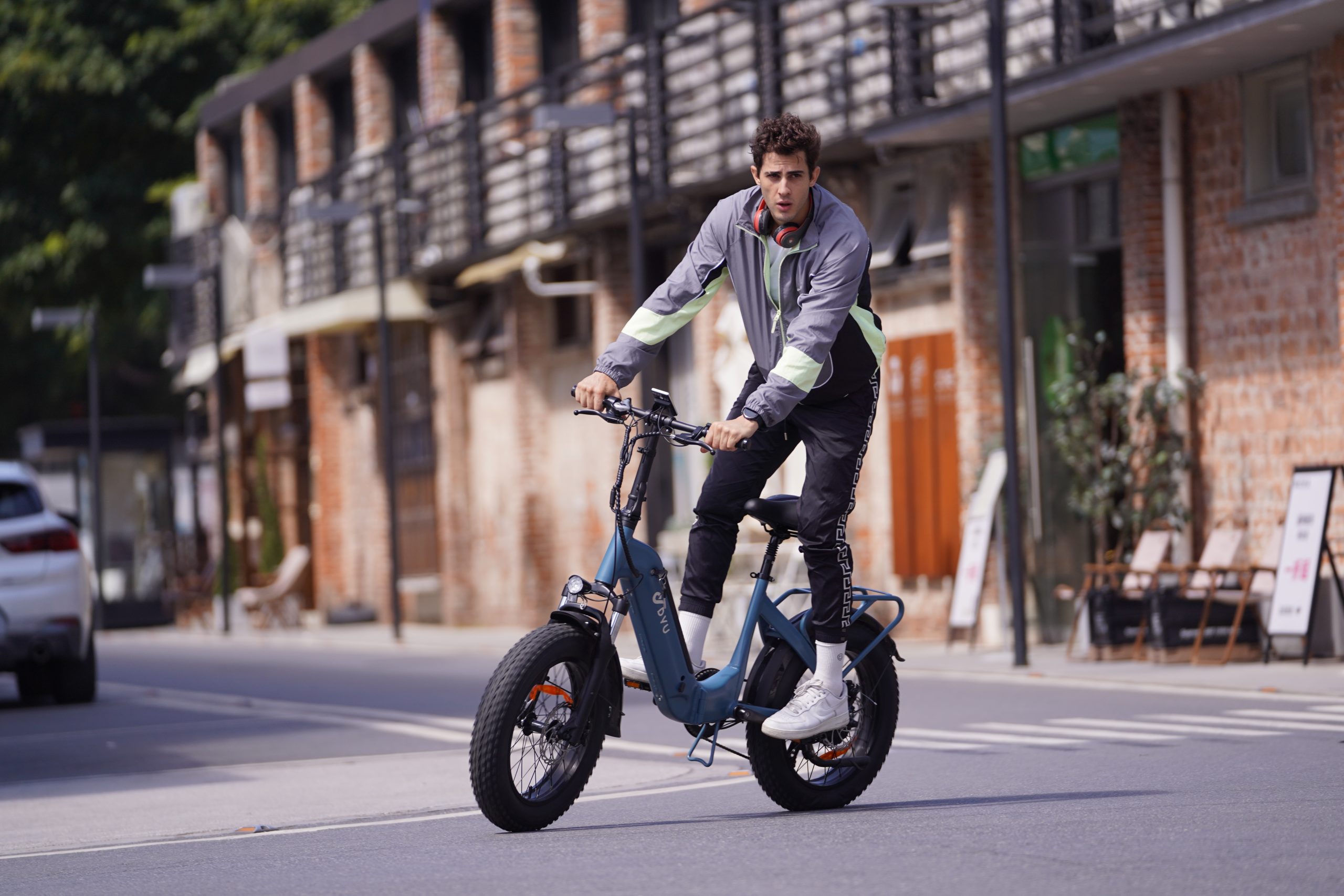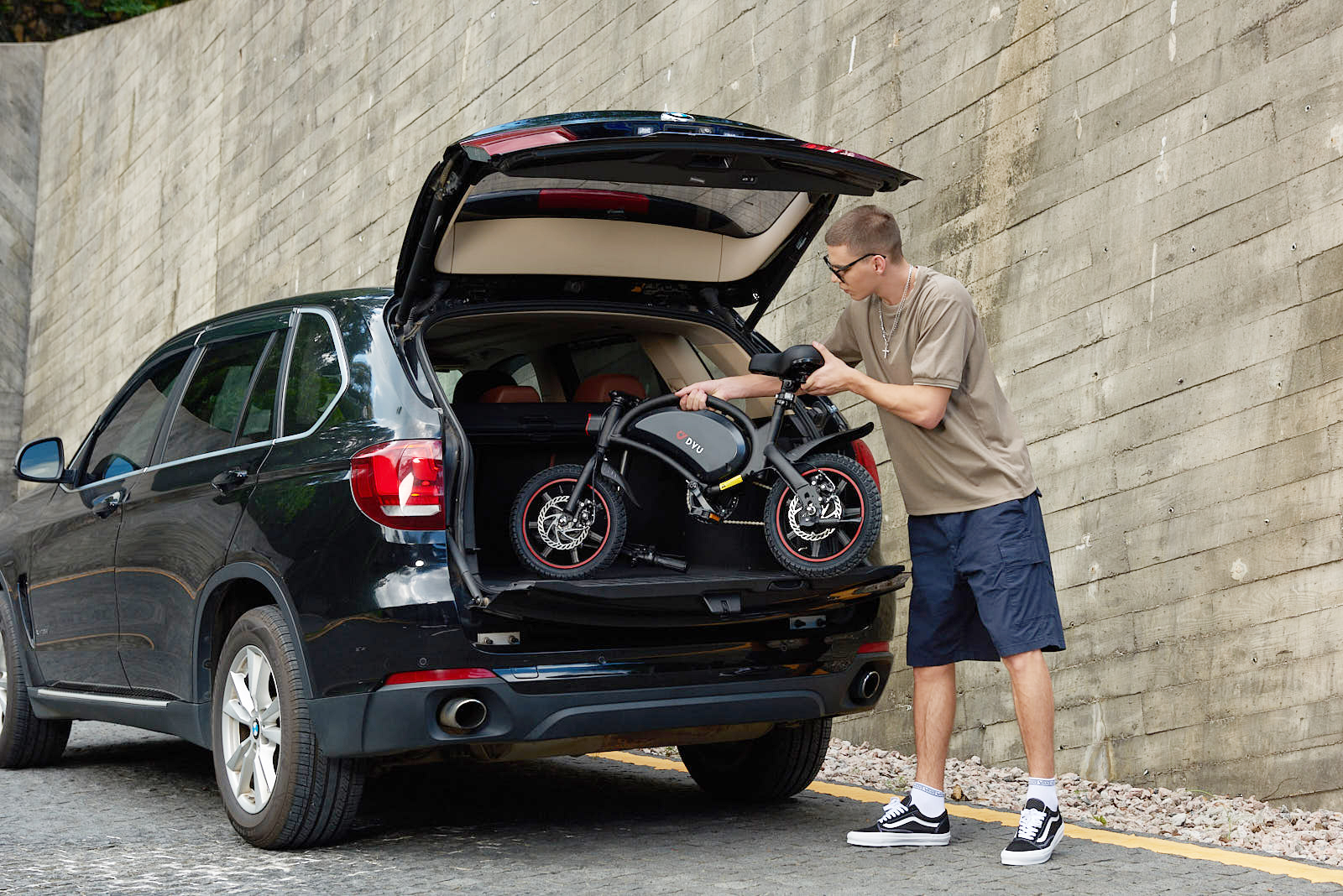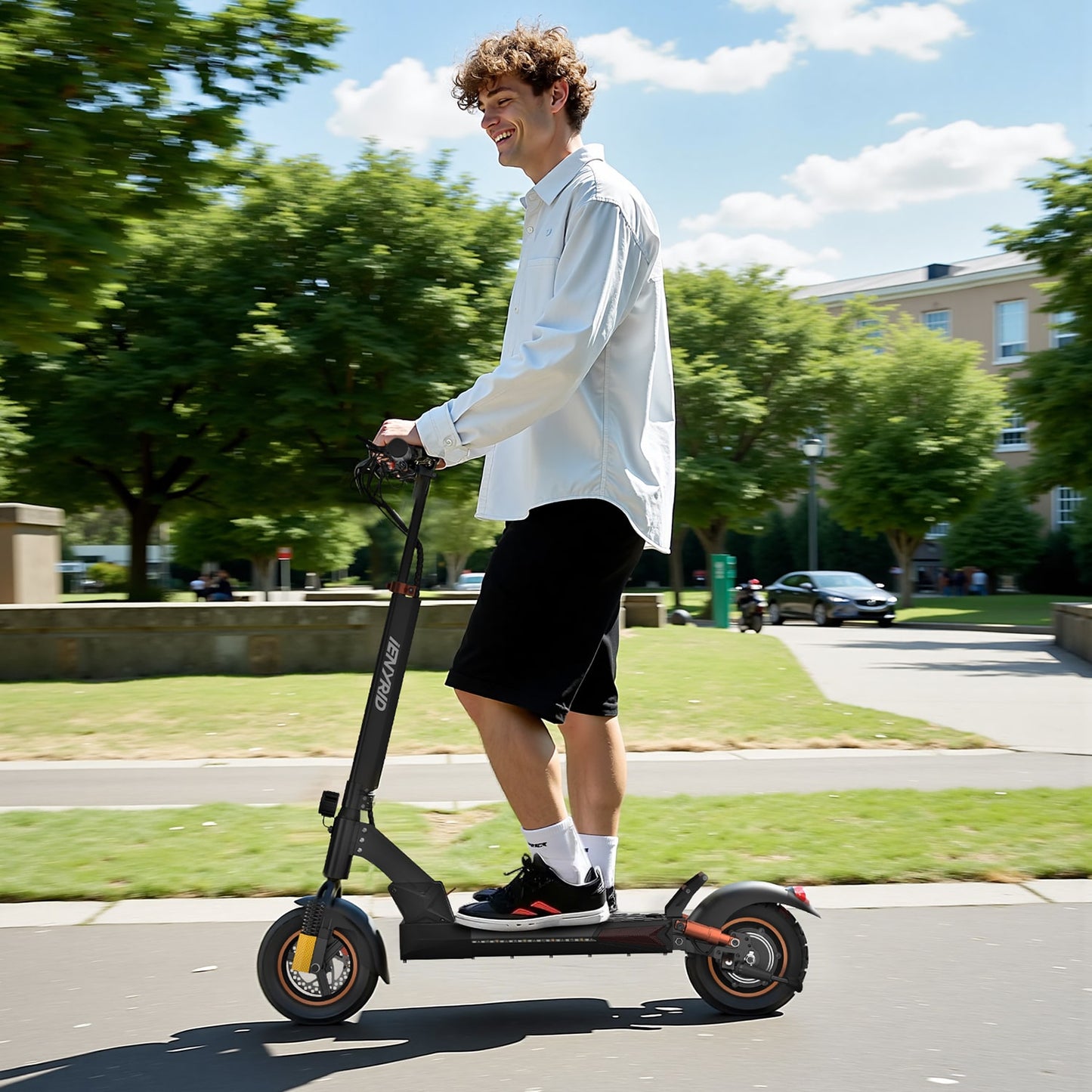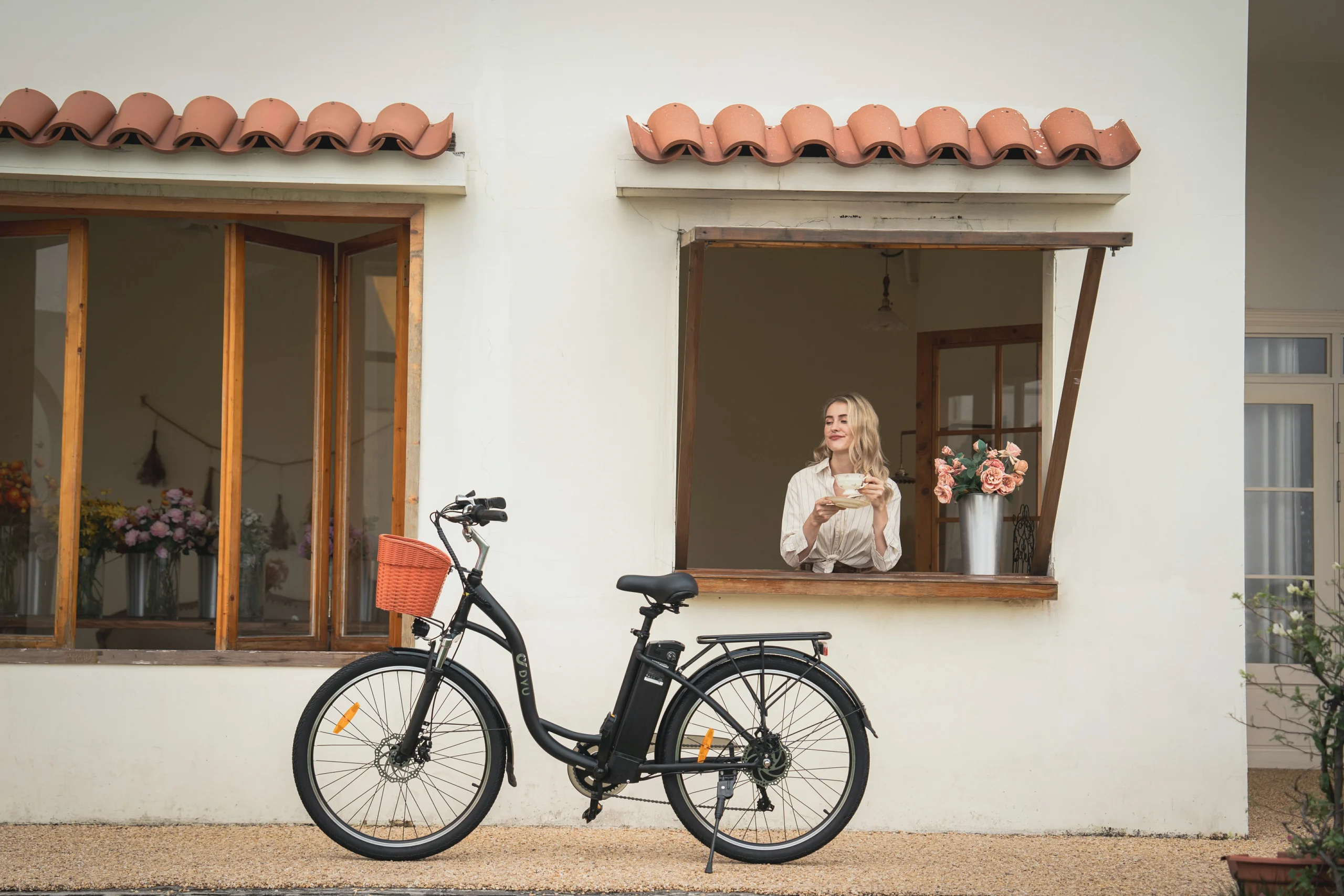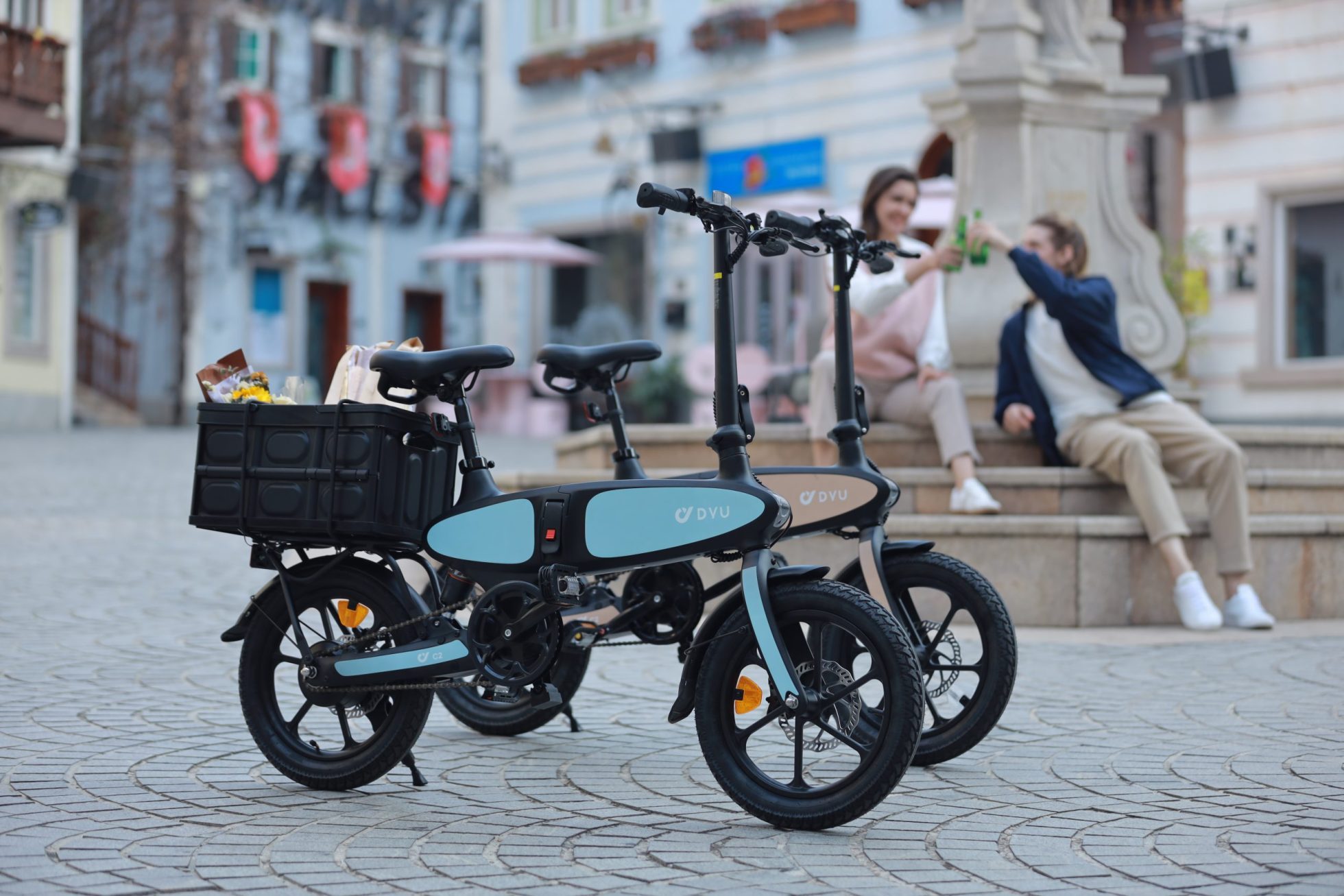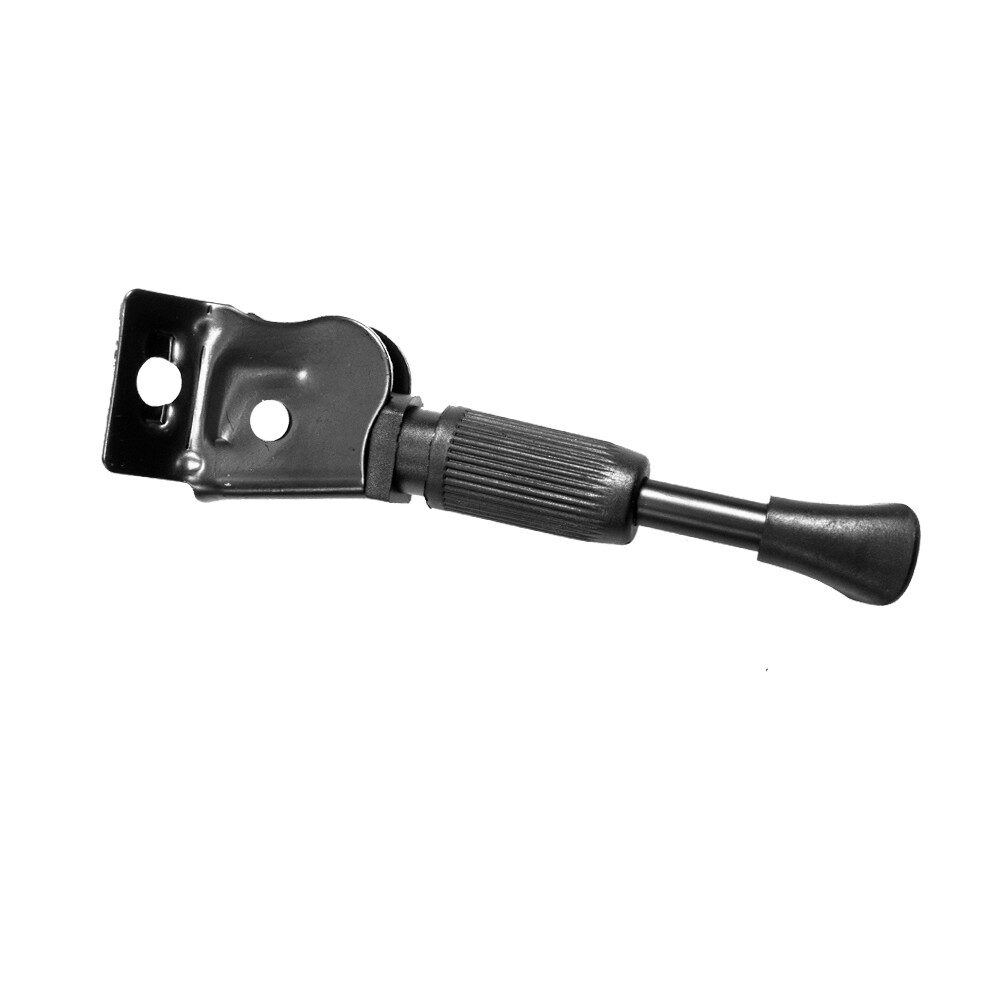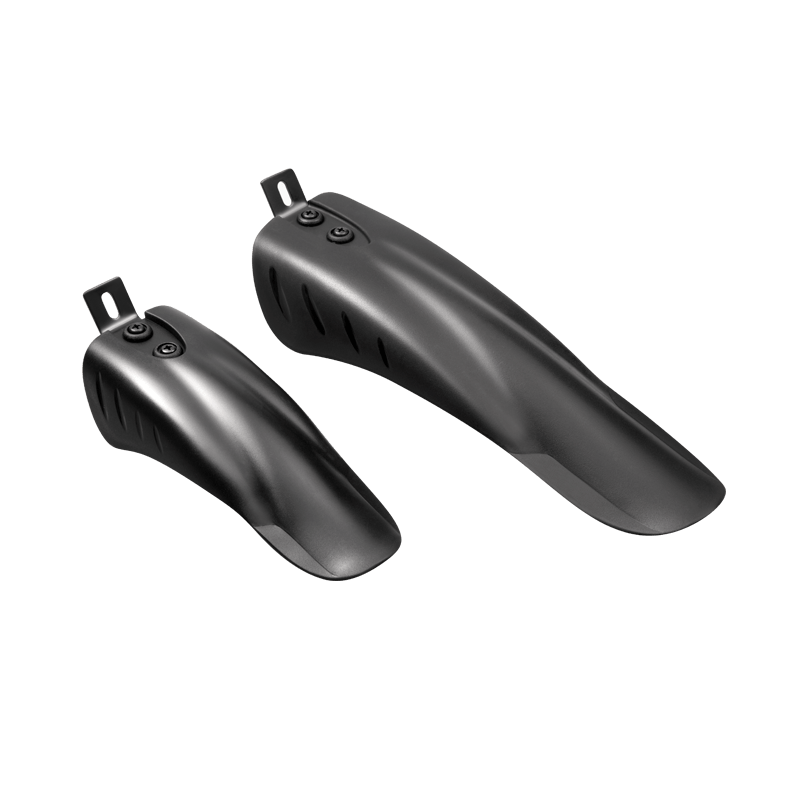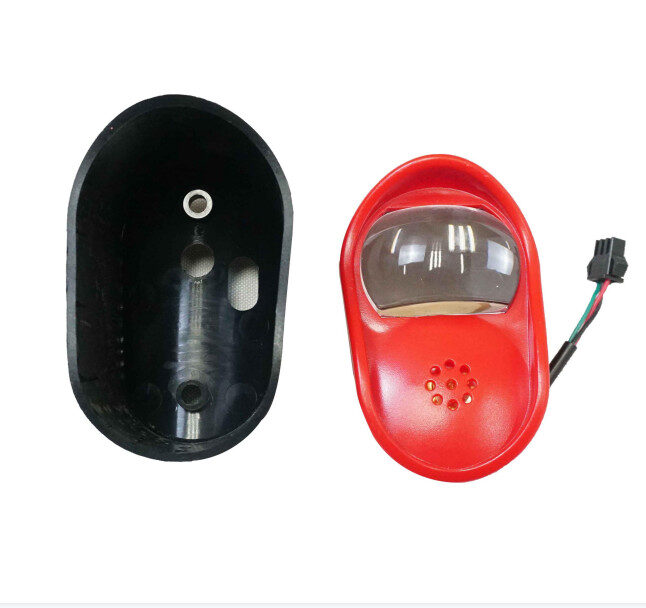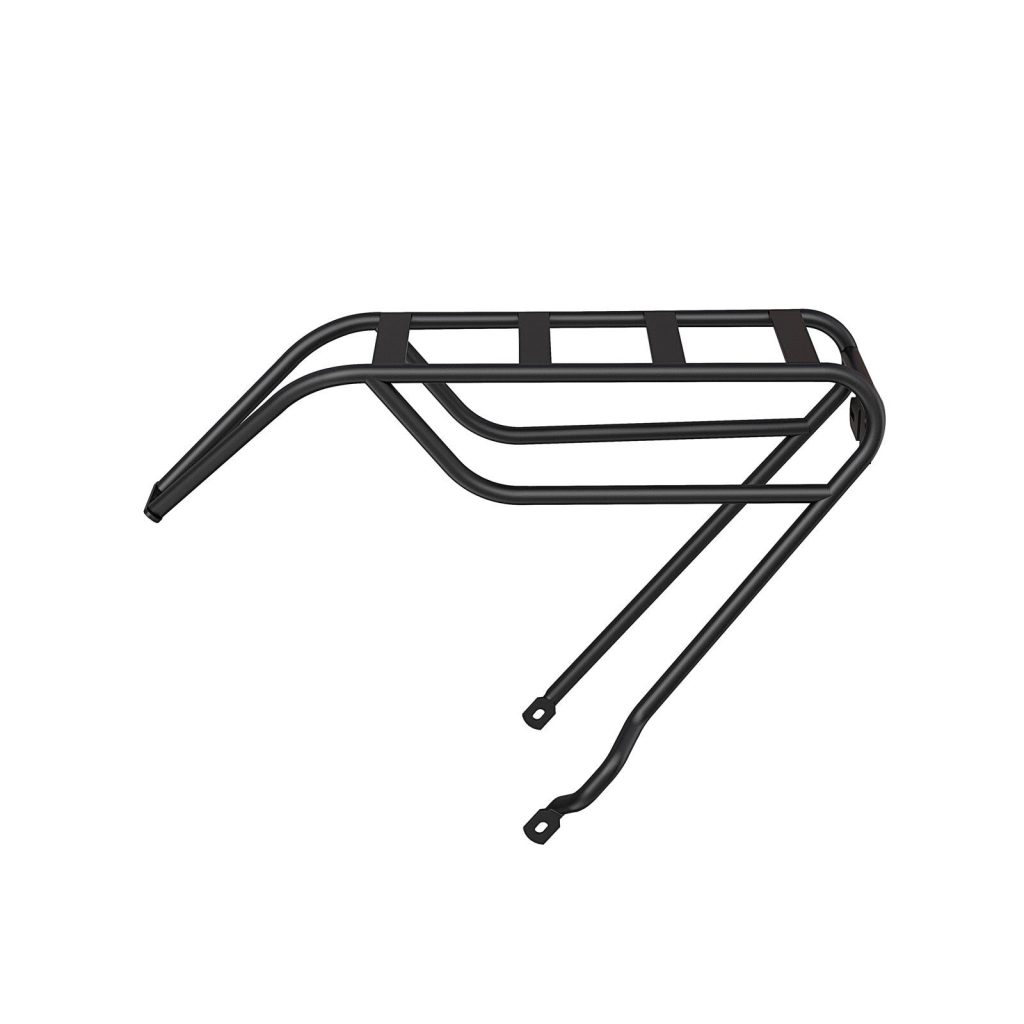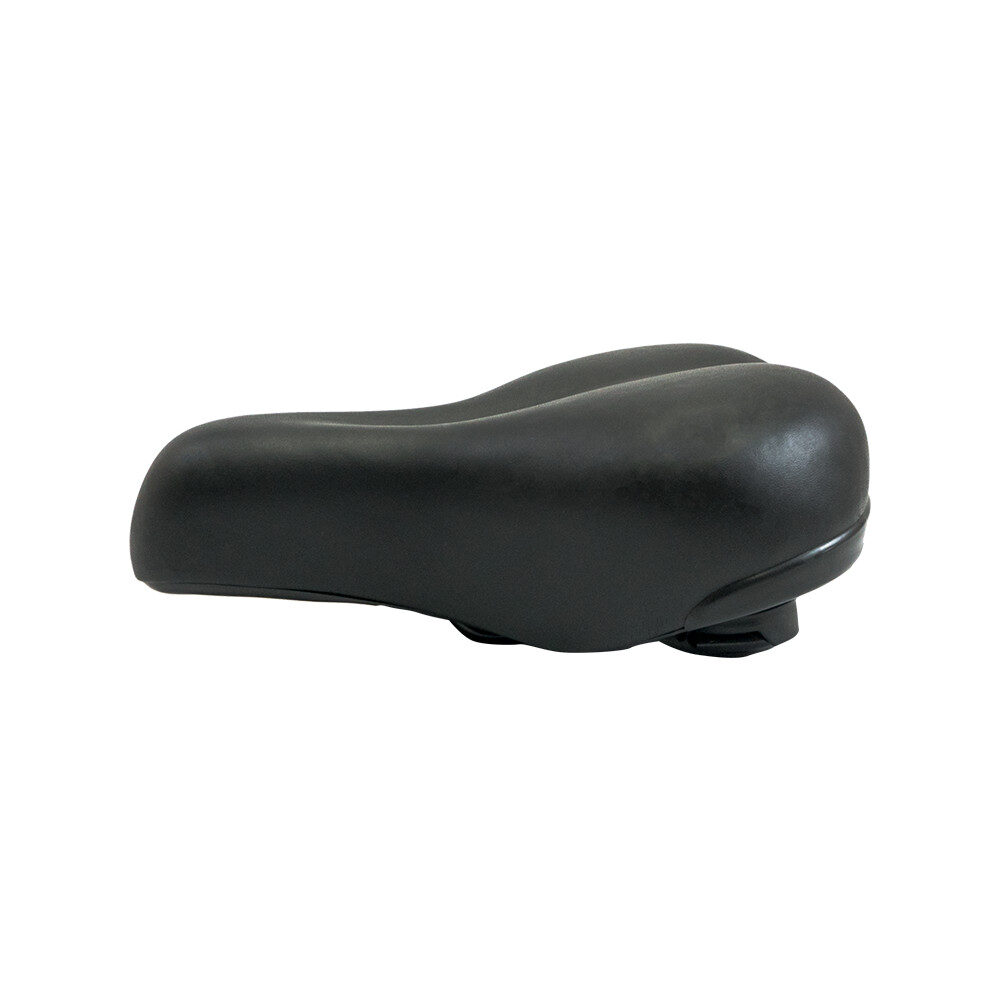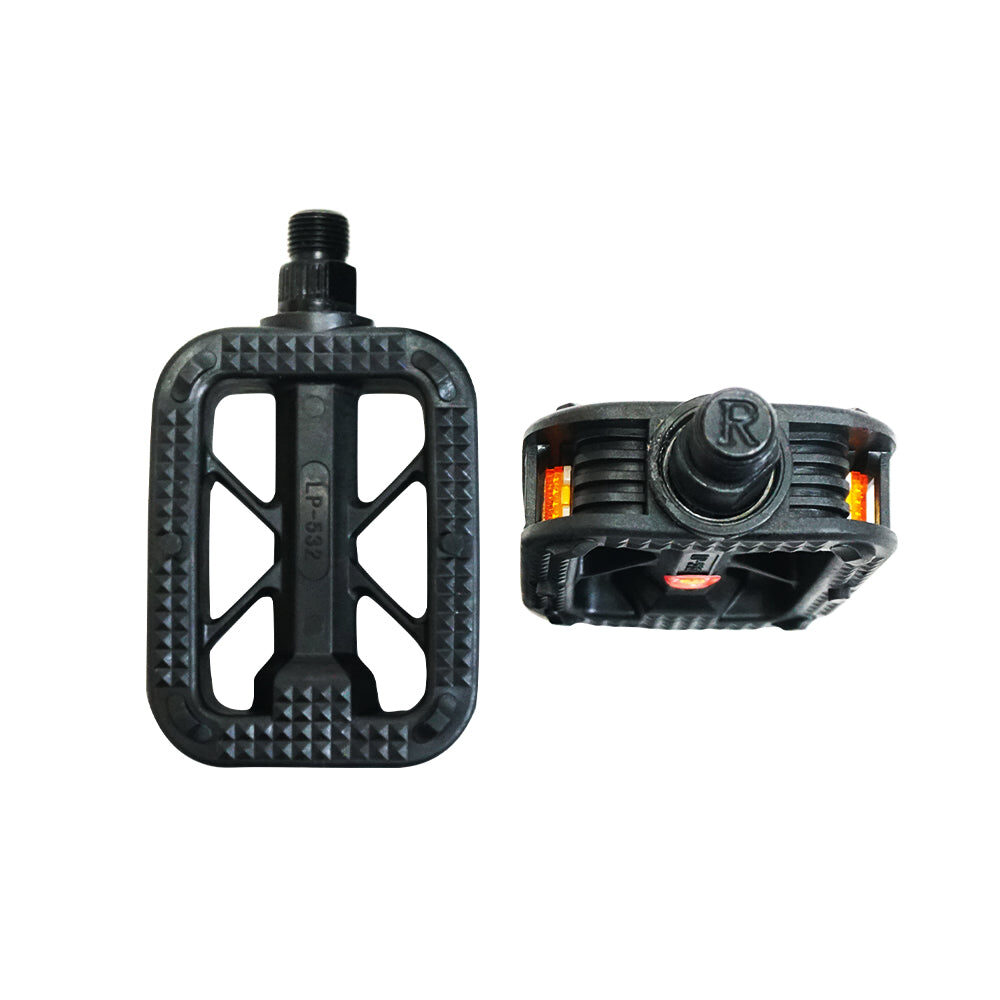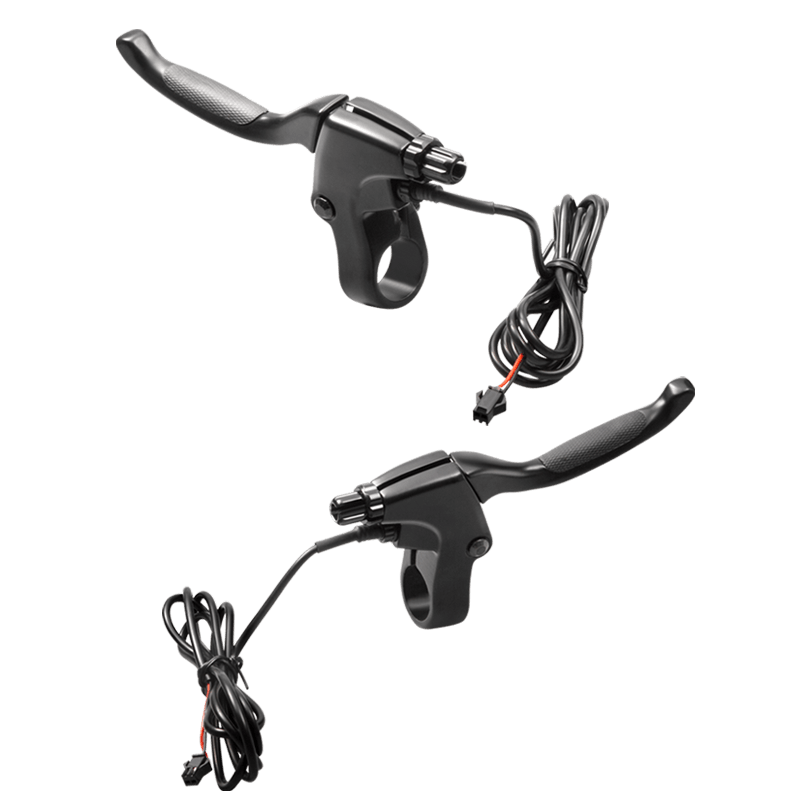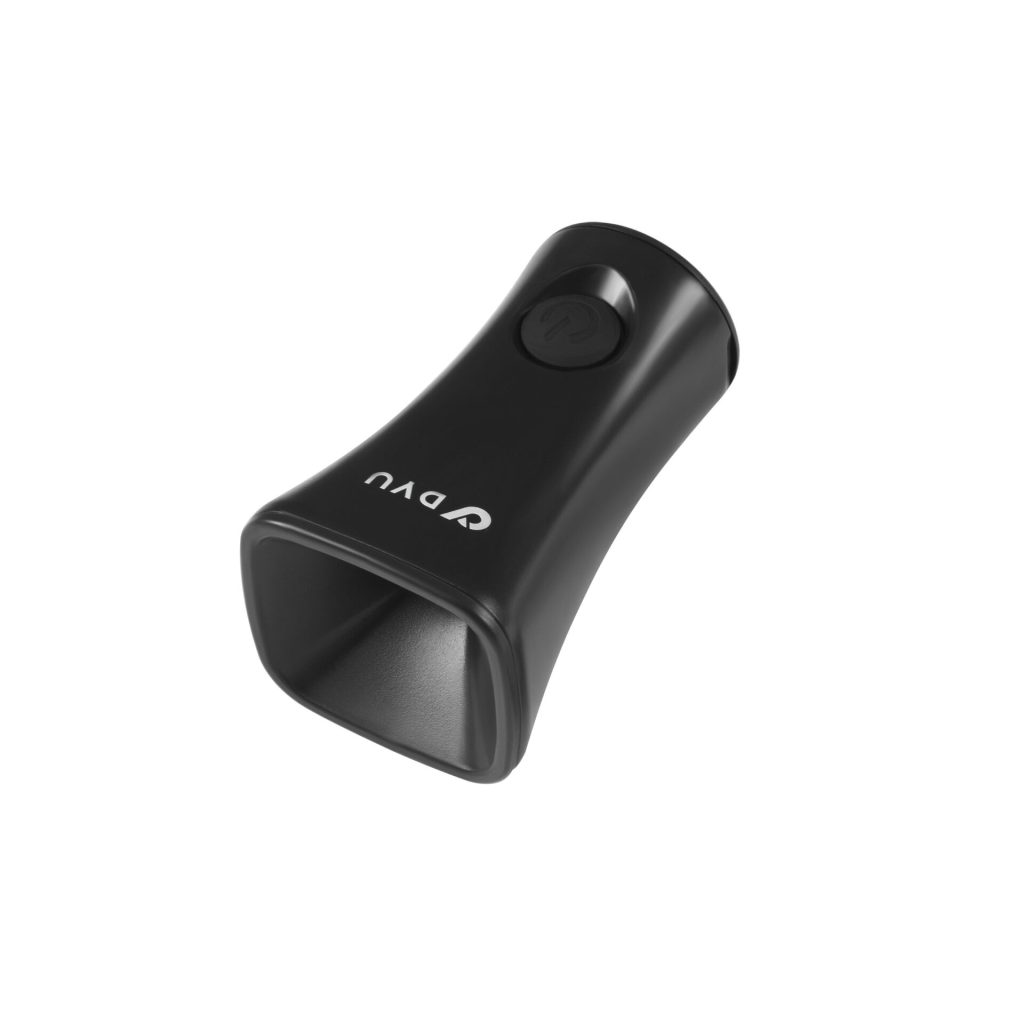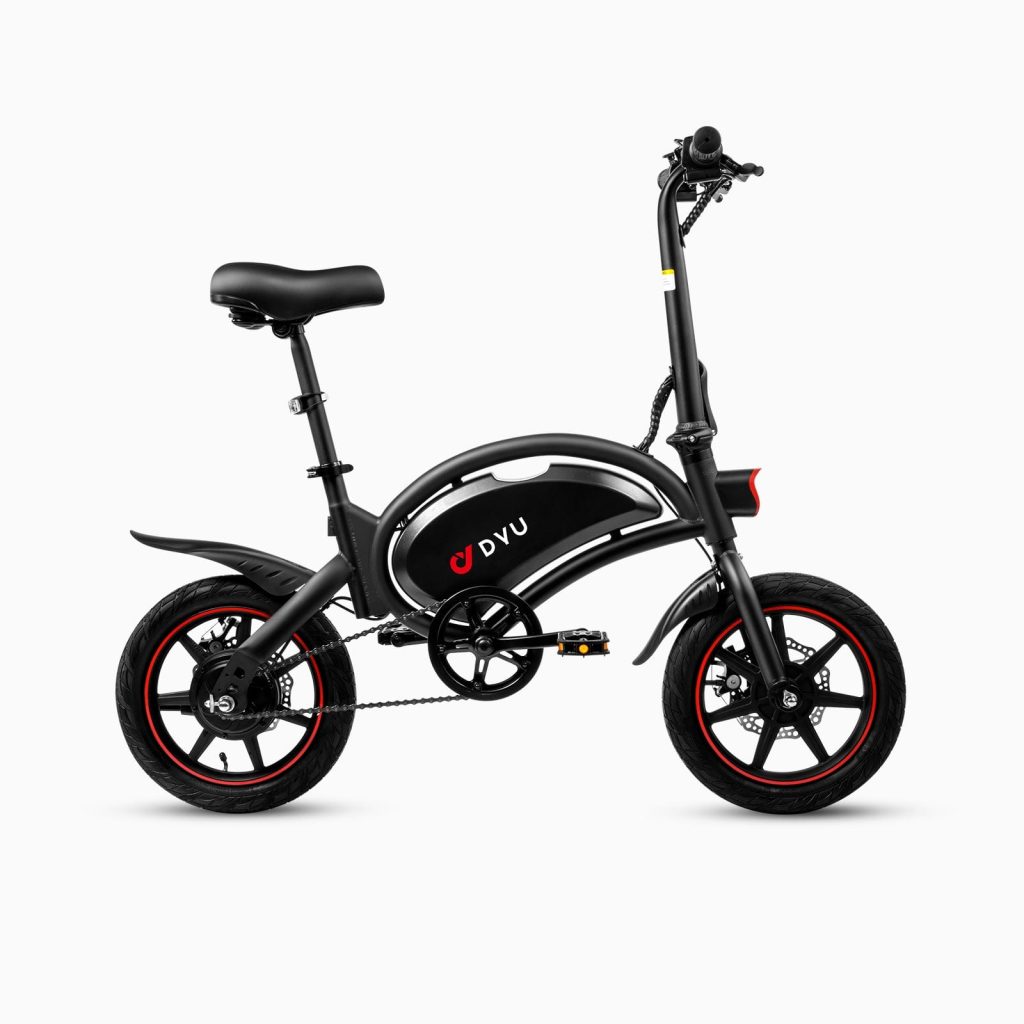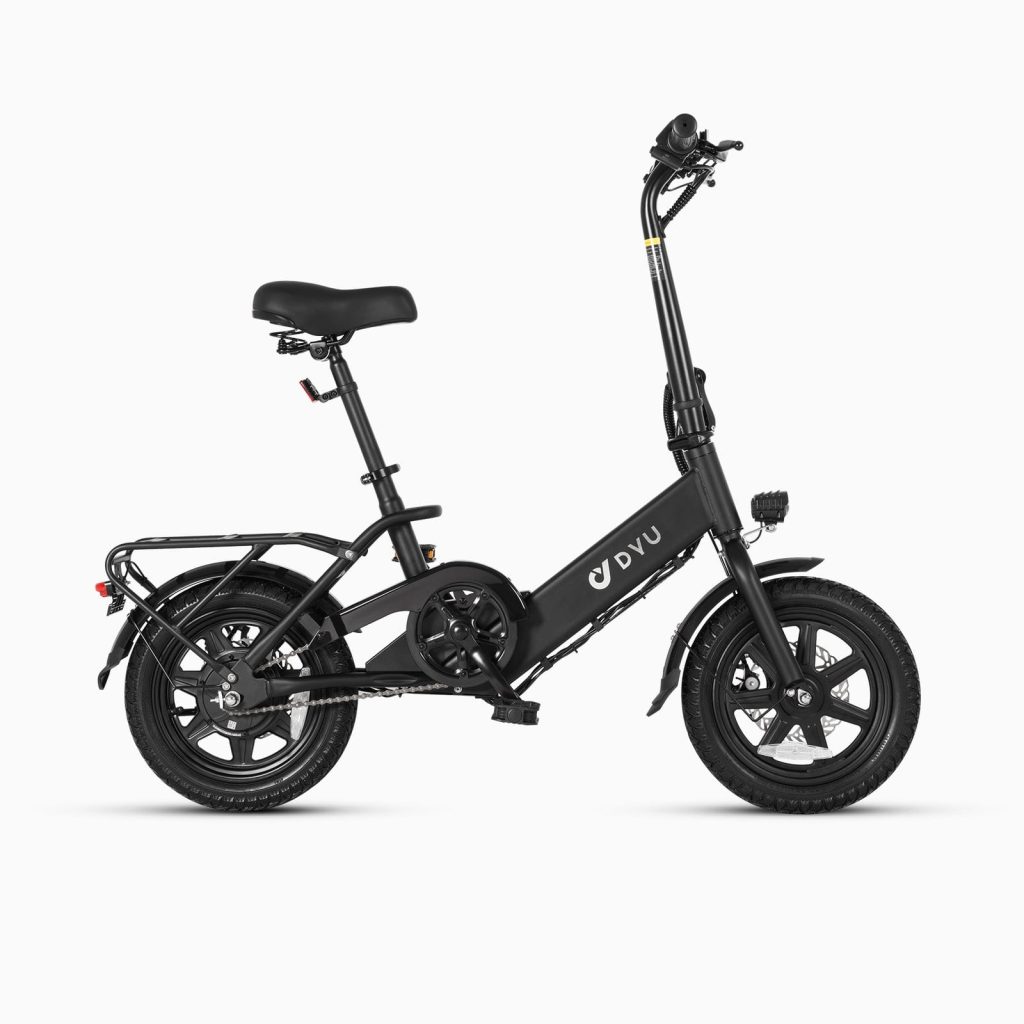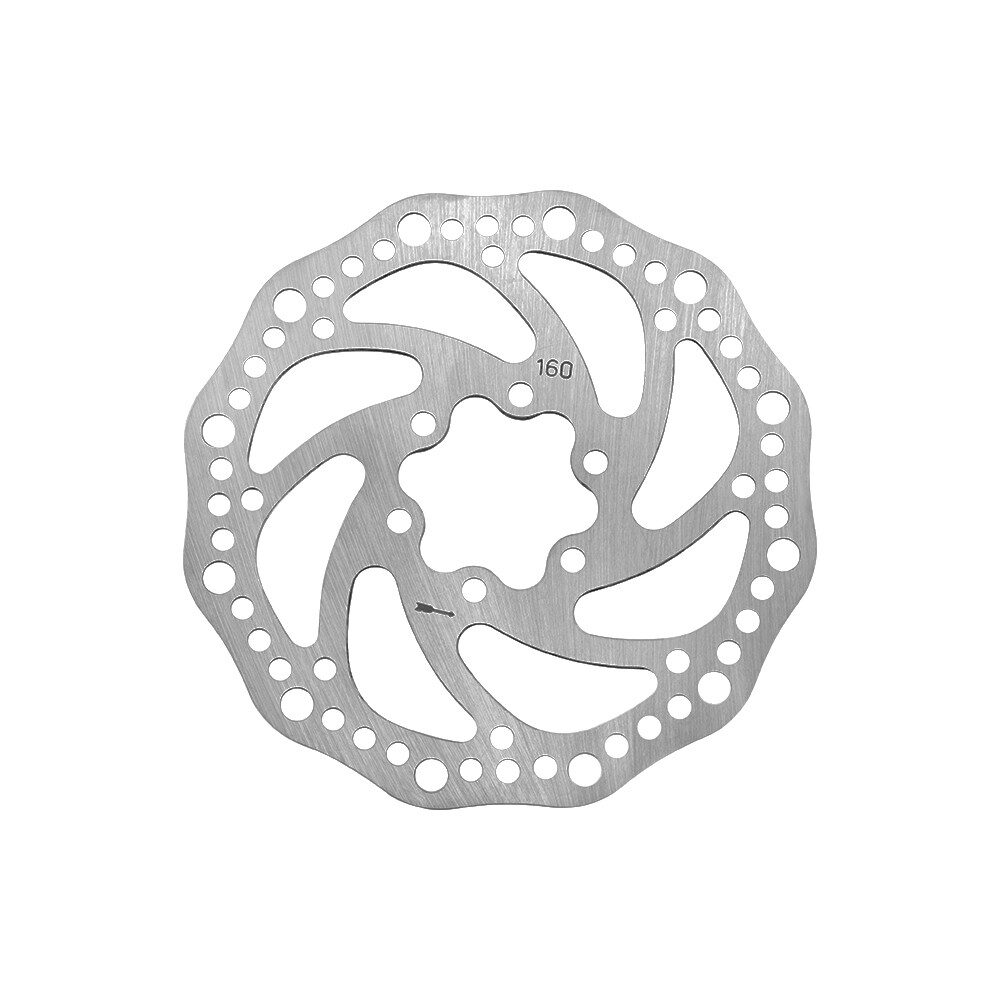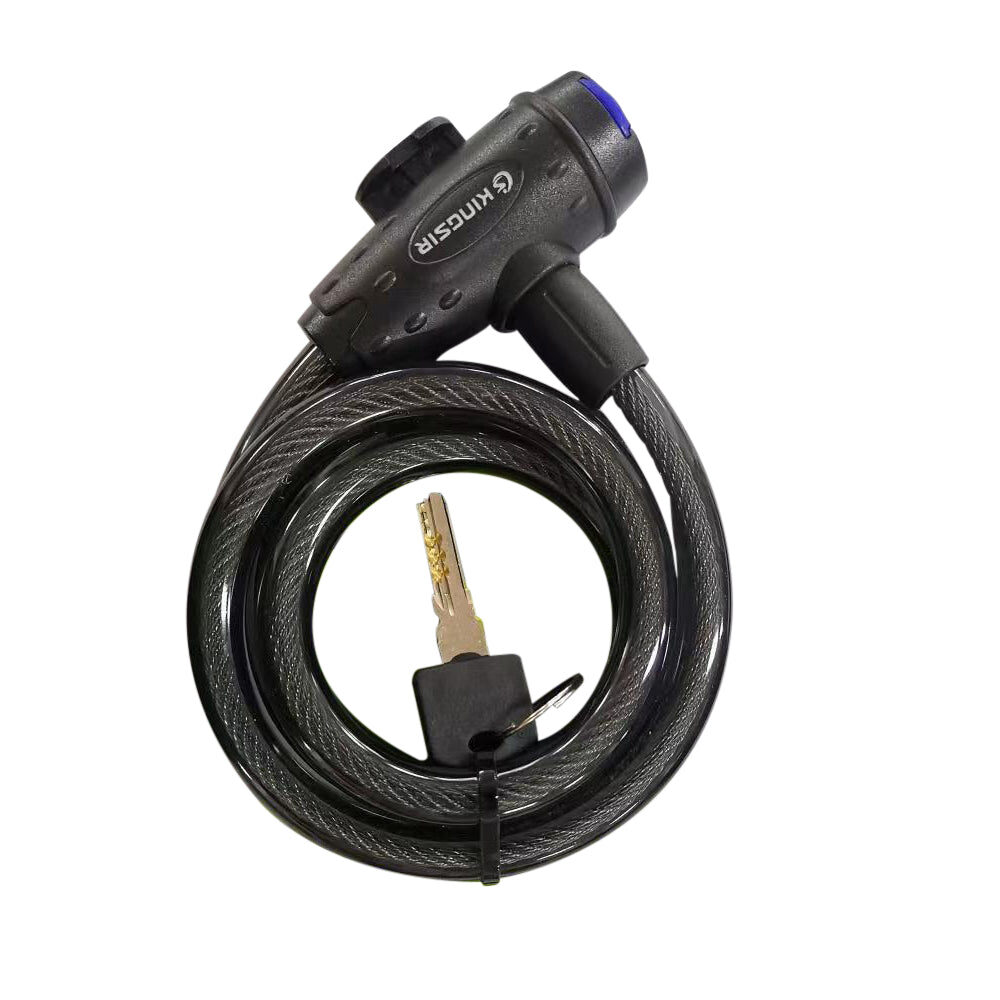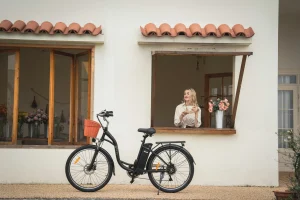Il DYU C1 vs FIIDO Titan Il confronto può sembrare un labirinto tecnico complesso per chi cerca di acquistare la bicicletta elettrica giusta. Questi modelli hanno trasformato il trasporto urbano, quindi sapere quale sia il più conveniente è fondamentale. Il DYU C1 è dotato di un potente motore al mozzo da 350W, resistenza all'acqua IP54 e può percorrere fino a 27 miglia utilizzando solo l'acceleratore o 40 miglia con l'assistenza alla pedalata, rendendolo una scelta solida per tutti i giorni. bicicletta elettrica pendolarismo. D'altra parte, il FIIDO Titano Il motore da 750 W, affidabile e in grado di raggiungere velocità fino a 50 km/h e di percorrere ben 135 km con una sola carica, consente di aumentare ulteriormente le prestazioni.
Il design elegante e moderno del modello DYU C1 lo rende perfetto per i ciclisti di città che apprezzano un trasporto ecologicamente responsabile unito a una pedalata senza sforzo e allo stile. Il FIIDO Titan fa un ulteriore passo avanti con il suo optional Sistema a tripla batteria, che consente di percorrere fino a 400 km senza bisogno di elettricità, rendendolo ideale per le avventure a lunga distanza.
Questo confronto dettagliato mette in evidenza le prestazioni di queste popolari biciclette elettriche per il pendolarismo urbano, le capacità fuoristrada, la manutenzione a lungo termine e il valore complessivo. Entrambi i modelli eccellono in aree diverse, aiutandovi a scegliere quello che corrisponde perfettamente alle vostre esigenze e al vostro budget. Scoprirete le principali differenze tra questi due concorrenti, assicurandovi di fare il giusto investimento di oltre 1.000 euro, sia per il pendolarismo quotidiano che per l'esplorazione del fine settimana.
Idoneità al pendolarismo urbano

Il giusto telaio per e-bike può trasformare i vostri spostamenti quotidiani in città da una seccatura a un gioco da ragazzi. Vediamo come si comportano DYU C1 e FIIDO Titan in ambiente urbano.
Dimensioni e geometria del telaio: Montante City Ride vs Cargo-Ready Bulk
Il DYU C1 ha un telaio da 26 pollici che abbiamo progettato pensando alla navigazione in città. La posizione di guida eretta offre un'ottima visibilità nel traffico. La bicicletta pesa 60 lb/27 kg e raggiunge il punto giusto tra stabilità e manovrabilità sulle strade trafficate. La FIIDO Titan ha un approccio diverso, con il suo robusto telaio in lega di alluminio che gestisce fino a 440 libbre. Sebbene questa capacità di carico sia impressionante, l'ingombro extra potrebbe rallentare la marcia nelle aree cittadine congestionate.
Facilità di stoccaggio: Struttura compatta contro telaio pesante
Lo spazio per riporre le biciclette elettriche può essere determinante per la loro utilità in città. La struttura leggera della DYU C1 si adatta meglio agli appartamenti rispetto al pesante telaio della FIIDO Titan. In città raramente c'è spazio per il garage, ed è qui che la C1 brilla: si può spostare facilmente in ascensore o su per le scale. Il peso della Titan la colloca nel territorio delle e-bike utilitarie: ’Una ebike da carico di dimensioni normali può pesare 70-90 libbre o più. È una sfida per chi abita in un appartamento senza un garage al piano terra“.
Uso dell'acceleratore nel traffico: Assistenza legale e accelerazione completa
Le normative europee aggiungono un'ulteriore sfumatura alla storia. Gli acceleratori standard delle e-bike possono funzionare senza pedalare solo a velocità di marcia, fino a 6 km/h (3,7 mph), come “walk assist”. Per ricevere il supporto del motore oltre questa velocità, è necessario pedalare. Il DYU C1 segue queste regole mentre raggiunge la velocità massima assistita di 25 km/h. Il FIIDO Titano ha una potenza maggiore ma deve rispettare le stesse regole, ovvero la sua impressionante coppia si attiva solo quando si pedala, anche nelle aree urbane. Tuttavia, l'assistenza all'accelerazione si rivela molto utile per percorrere le trafficate strade cittadine con frequenti soste e nelle partenze dai semafori.
Nel complesso, l'DYU C1 risulta essere la scelta più pratica per la maggior parte dei pendolari urbani, anche se la sua capacità di carico è inferiore.
Preparazione al fuoristrada e all'avventura

Le differenze tra il DYU C1 e il FIIDO Titan diventano evidenti quando li si porta oltre le strade cittadine.
Aderenza del pneumatico e sospensione: Pneumatici BMX vs pneumatici Fat con escursione di 100 mm
Il FIIDO Titan si muove su pneumatici massicci che gestiscono con facilità ogni tipo di terreno, dalla sabbia alla neve e alla ghiaia. Questi pneumatici offrono un'aderenza straordinaria e mantengono la stabilità sui terreni accidentati. La sospensione della forcella anteriore della Titan ha un'escursione regolabile di 60 mm che assorbe gli impatti di cadute e ostacoli. I pneumatici standard in stile BMX della DYU C1 non sono all'altezza di questa aderenza sulle superfici sciolte, per cui funzionano al meglio su strade asfaltate e sentieri poco impegnativi.
Coppia motore: 35Nm contro 70Nm
La coppia del motore gioca un ruolo fondamentale nella potenza di salita e nelle prestazioni in fuoristrada. Gli esperti collocano la coppia di 35 Nm del DYU C1 nella categoria ’sufficiente per il traffico cittadino“. Il FIIDO Titan, con la sua potente coppia di 70 Nm, si colloca comodamente nella categoria ”montagne, sentieri e carichi pesanti“. Per affrontare i terreni più difficili è necessaria una coppia importante: gli esperti dicono che ”per pendenze superiori a 10% è necessaria una e-bike con almeno 60 Nm di coppia“.
Espansione della batteria: Pacco singolo fisso vs. pacco triplo modulare
La configurazione della batteria è il punto di forza di queste biciclette. La DYU C1 è dotata di un pacco batteria singolo fisso. La FIIDO Titan si spinge oltre con un sistema espandibile che può contenere fino a tre batterie contemporaneamente. Si tratta di una caratteristica importante, perché significa che la Titan può teoricamente percorrere fino a 400 km con una sola carica, perfetta per le lunghe avventure in cui la ricarica non è un'opzione.
Manutenzione e uso a lungo termine

Le popolari e-bike DYU C1 e FIIDO Titan mostrano differenze significative quando le si possiede a lungo termine.
Durata del sistema frenante: Cavo vs. Idraulico
I freni a disco a cavo di DYU C1 sono abbastanza semplici da mantenere a casa con semplici strumenti come una chiave esagonale da 5 mm. È possibile effettuare le regolazioni senza attrezzature speciali. I cavi si allungano con l'uso regolare e necessitano di frequenti regolazioni. Il sistema frenante idraulico del Titan si regola automaticamente. I suoi tubi idraulici sigillati tengono lontano lo sporco e l'umidità. Questi freni si dimostrano più affidabili nel tempo, ma richiedono una manutenzione specifica quando si sostituisce il fluido o si spurga il sistema.
Qualità dei componenti: Shimano vs ZRDE
DYU C1 impiega componenti Shimano, facili da trovare e dalle prestazioni costanti. FIIDO Titan è dotato di componenti ZRDE. Anche se meno comuni, questi componenti funzionano meglio per un uso intensivo. Il Titan ha anche freni idraulici a quattro pistoni e un sensore di coppia costruito per le cargo bike.
Impermeabilità e resistenza agli agenti atmosferici: IP54 vs IPX5
Entrambe le biciclette sono dotate di protezioni che proteggono dalla polvere e dagli schizzi d'acqua. I ciclisti possono affrontare pioggia, pozzanghere e polvere senza danneggiare i componenti interni. Queste biciclette sono in grado di gestire perfettamente qualsiasi condizione atmosferica ragionevole.
Manutenibilità: Fai da te di base e componenti avanzati
Il DYU C1 consente di effettuare semplici riparazioni fai-da-te a casa, rendendo la manutenzione comoda per i motociclisti di tutti i giorni. Al contrario, il FIIDO Titano Spesso è necessario l'aiuto di un professionista, soprattutto quando si tratta di manutenzione dei freni idraulici.
Prezzo e valore complessivo

Il DYU C1 e FIIDO Titano mostrano grandi differenze in termini di prezzo e di rapporto qualità/prezzo.
Prezzo base: Sotto le 1000 sterline contro le oltre 1300 sterline
Il prezzo di DYU C1 è inferiore ai 1000 euro, il che lo rende molto più accessibile agli acquirenti. La FIIDO Titan costa circa 1300 euro e più. Le persone che acquistano la loro prima e-bike di solito trovano il prezzo di DYU più interessante, pur avendo tutte le caratteristiche di base di cui hanno bisogno.
Caratteristiche incluse: Portapacchi posteriore, parafanghi vs portapacchi per carichi pesanti, luci
Queste biciclette sono dotate di elementi essenziali per i pendolari, ma ognuna ha un proprio obiettivo. La DYU C1 offre parafanghi e un portapacchi posteriore di base che funziona bene per i carichi di tutti i giorni. La FIIDO Titan non è adatta all'uso quotidiano: è dotata di un portapacchi posteriore per carichi pesanti. Inoltre, dispone di potenti luci a LED che funzionano bene anche in pieno giorno.
Il miglior caso d'uso: Pendolarismo quotidiano e turismo a lungo raggio
DYU C1 è il compagno di viaggio di tutti i giorni in città: è leggero, maneggevole e perfetto per gli spostamenti regolari. La FIIDO Titan si rivolge a “Esploratori, ciclisti di lungo corso e amanti della natura”. Funziona meglio per le lunghe avventure, ma potrebbe essere una bicicletta troppo pesante per i semplici spostamenti in città.
DYU vs FIIDO: quale offre un valore migliore per la maggior parte dei ciclisti?
Il divario di prezzo rende DYU C1 una scelta più intelligente per i ciclisti europei. La maggior parte dei pendolari non avrà mai bisogno delle capacità a lungo raggio di FIIDO o del suo enorme spazio di carico. DYU offre affidabilità, facilità di accesso e buone funzioni a un prezzo molto più basso.
Tabella di confronto
| Categoria di caratteristiche | DYU C1 | FIIDO Titano |
| Specifiche tecniche | ||
| Potenza del motore | 350W | 750W |
| Velocità massima | 25 km/h | Fino a 50 km/h |
| Autonomia (batteria singola) | 27-40 miglia (43-64 km) | Fino a 135 km |
| Coppia | 35Nm | 70Nm |
| Peso | 27 kg | 38 kg |
| Capacità di carico | 120 kg | Fino a 200 kg |
| Caratteristiche urbane | ||
| Design del telaio | Design compatto e verticale da città | Più ingombranti, orientati al carico |
| Comodità di stoccaggio | Adatto per appartamenti | Difficile in spazi limitati |
| Manovrabilità in città | Alto | Limitato a causa delle dimensioni |
| Capacità off-road | ||
| Tipo di pneumatico | Stile BMX standard | Pneumatici grassi da 26″ x 4 |
| Configurazione della batteria | Confezione singola fissa | Espandibile (fino a 3 batterie) |
| Manutenzione | ||
| Sistema frenante | Freni a disco a cavo | Freni a disco idraulici |
| Marchio del componente | Shimano | ZRDE |
| Protezione dalle intemperie | IP54 | IP54 |
| Livello di manutenzione | Semplice fai-da-te | Necessità di un servizio professionale |
| Valore | ||
| Prezzo base | sotto i 1000 euro | €1300+ |
| Accessori inclusi | Portapacchi posteriore, parafanghi | Cremagliera per impieghi gravosi, luci a LED |
| Il miglior caso d'uso | Pendolarismo urbano quotidiano | Turismo a lungo raggio |
| Utente target | Pendolari della città | Esploratori, trasportatori di merci |
Conclusione

La DYU C1 è la scelta migliore per la maggior parte dei ciclisti europei dopo aver esaminato tutti gli aspetti di entrambi i modelli. Entrambe le biciclette sono dotate di ottime caratteristiche, ma la DYU C1 è la scelta migliore tra prestazioni e prezzo, con un prezzo inferiore a 1.000 euro. Questo la rende molto più disponibile rispetto alla FIIDO Titan, il cui prezzo supera i 1300 euro.
Il motore da 350 W del DYU C1 è abbastanza potente per gli spostamenti quotidiani e il suo telaio compatto e verticale funziona meglio nelle strade trafficate della città. Con un peso di 27 kg, per i ciclisti di città è facile da riporre negli appartamenti o da trasportare su per le scale. Le semplici esigenze di manutenzione della C1 la rendono perfetta per chi è alle prime armi con le e-bike.
FIIDO Titan brilla senza dubbio in usi specifici. Il suo potente motore da 750 W, la coppia di 70 Nm e il sistema di batterie espandibili sono ottimi per i lunghi viaggi o per trasportare carichi pesanti. Ma questi vantaggi si accompagnano a una minore maneggevolezza e a un prezzo più elevato: caratteristiche di cui la maggior parte dei pendolari quotidiani ha raramente bisogno.
La durata della batteria è un'altra differenza fondamentale. L'impressionante autonomia di 347 km del Titan con tre batterie potrebbe attirare l'attenzione, ma l'autonomia di 43-64 km del DYU C1 soddisfa le esigenze della maggior parte dei pendolari europei senza costi aggiuntivi. I componenti del C1, facili da usare per il fai-da-te, facilitano anche la manutenzione, senza bisogno di visite speciali.
Il DYU C1 ha più senso per i motociclisti europei, a meno che non sia necessario per viaggi lunghi e regolari o per trasporti pesanti. Offre l'essenziale - affidabilità, disponibilità e funzionalità - a un prezzo che porta la mobilità elettrica di qualità a un maggior numero di persone. Le vostre esigenze specifiche guideranno la scelta finale, ma il DYU C1 offre un valore migliore per il pendolarismo urbano e l'uso quotidiano.
Punti di forza
- DYU C1 vince sul valore: Con un prezzo inferiore ai 1000 euro rispetto agli oltre 1300 euro, offre funzioni essenziali per i pendolari senza prezzi elevati per funzionalità inutilizzate.
- I motociclisti urbani preferiscono il C1: il suo peso di 27 kg e il design compatto battono l'ingombrante telaio da carico del Titan per la navigazione in città e lo stoccaggio in appartamento.
- FIIDO Titan eccelle per le avventure: Il motore da 750 W, la coppia di 70 Nm e il sistema a tripla batteria espandibile si adattano al turismo a lungo raggio e al pendolarismo quotidiano.
- La complessità della manutenzione differisce in modo significativo: C1 offre componenti Shimano adatti al fai-da-te, mentre Titan richiede un'assistenza professionale per i sistemi idraulici.
- Le esigenze di autonomia determinano la scelta: L'autonomia di 43-64 km del C1 soddisfa le esigenze della maggior parte dei pendolari europei senza dover investire nella capacità massima di 347 km del Titan.
Domande frequenti
Q1. Qual è la principale differenza in termini di idoneità urbana tra i due Paesi? DYU C1 e FIIDO Titan?
Il DYU C1 è più adatto al commuting urbano grazie al suo design compatto e leggero (27 kg) e alla posizione di guida eretta. Il FIIDO Titan, pur essendo potente, ha un telaio più ingombrante progettato per il trasporto di merci, che lo rende meno maneggevole nel traffico cittadino.
Q2. Qual è l'autonomia delle batterie di queste biciclette elettriche?
Il DYU C1 offre un'autonomia di 43-64 km con una sola carica, sufficiente per la maggior parte degli spostamenti quotidiani. Il FIIDO Titan può raggiungere 135 km con una sola batteria, con la possibilità di estendere l'autonomia a 400 km grazie all'esclusivo sistema a tre batterie.
Q3. Quale e-bike è migliore per le avventure in fuoristrada?
Il FIIDO Titan è meglio equipaggiato per l'uso in fuoristrada, grazie ai suoi pneumatici larghi, alle sospensioni regolabili e al potente motore da 750 W che eroga una coppia di 70 Nm. Il DYU C1, con pneumatici standard e una coppia inferiore, è più adatto alle strade asfaltate e ai percorsi leggeri.
Q4. In che modo i requisiti di manutenzione differiscono tra questi modelli?
Il DYU C1 è dotato di componenti più semplici e più adatti al fai-da-te, che rendono più facile per i proprietari eseguire la manutenzione di base. Il FIIDO Titan è dotato di sistemi più avanzati, tra cui i freni idraulici, che possono richiedere una manutenzione professionale.
Q5. Quale e-bike offre un valore migliore per la maggior parte dei ciclisti?
Per la maggior parte dei pendolari urbani, il DYU C1 offre un valore migliore a meno di 1.000 euro, fornendo funzioni essenziali per l'uso quotidiano senza il costo più elevato delle capacità specialistiche del FIIDO Titan. Il Titan, il cui prezzo supera i 1200 euro, è più adatto a chi ha bisogno di capacità di carico a lungo raggio o pesanti.

